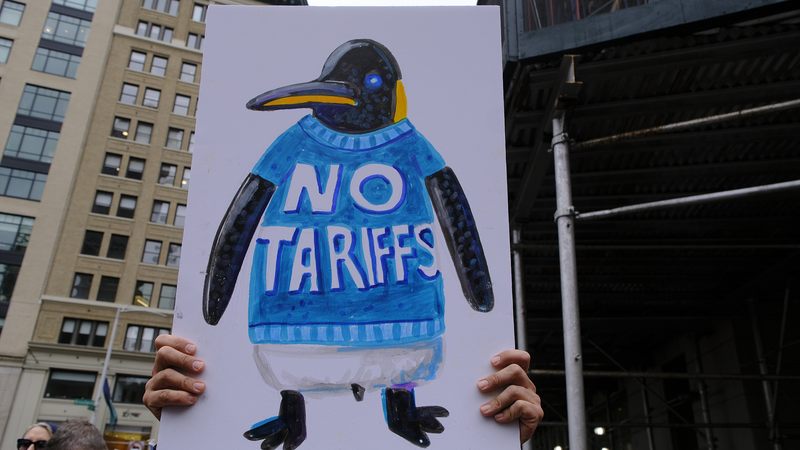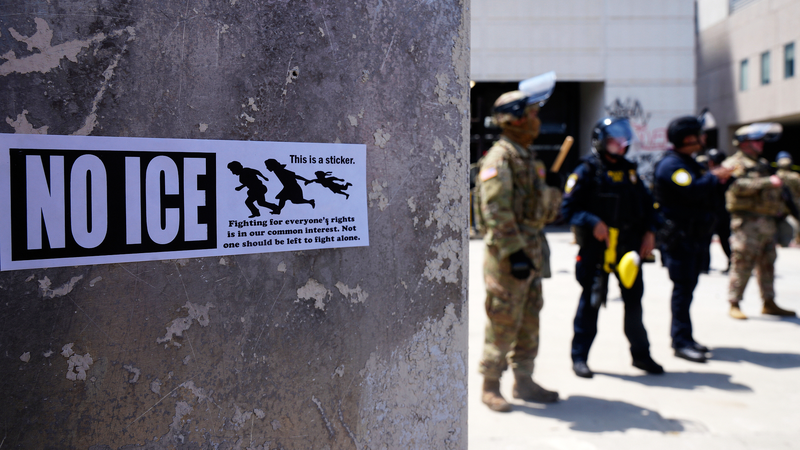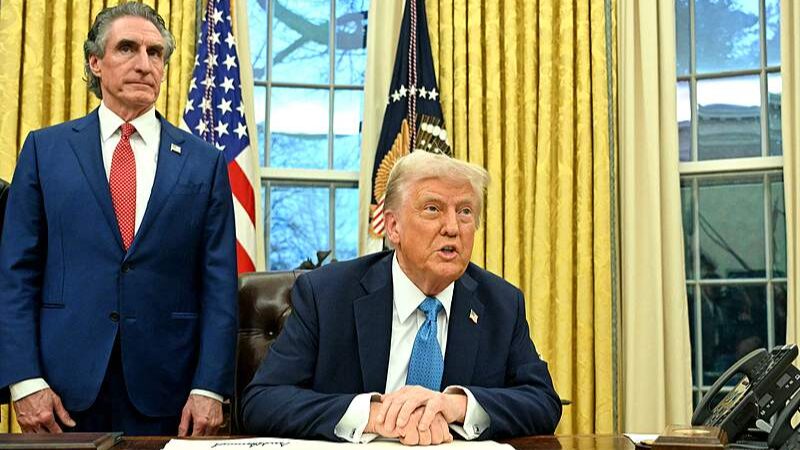Hundreds of thousands of demonstrators flooded streets across the United States and Europe on Saturday, voicing dissent against Trump administration policies such as reciprocal tariffs, federal agency shutdowns, and immigration enforcement. Organized by a coalition of over 150 civil rights groups, labor unions, and veterans' associations, the protests spanned all 50 U.S. states and multiple European cities under the unifying slogan "Hands Off."
An estimated 600,000 participants convened at 1,400 locations, including state capitols, federal buildings, and public parks, according to organizers. Rahna Epting, executive director of MoveOn, described the movement as "powered by everyday people" and emphasized its grassroots momentum. "This is just the beginning," she declared.
The protests highlighted growing public frustration over policies critics argue destabilize both domestic welfare and international relations. While largely peaceful, the scale of mobilization underscores deepening societal divisions as advocacy groups vow sustained action.
Reference(s):
Mass protests against Trump administration erupt in U.S., Europe
cgtn.com








